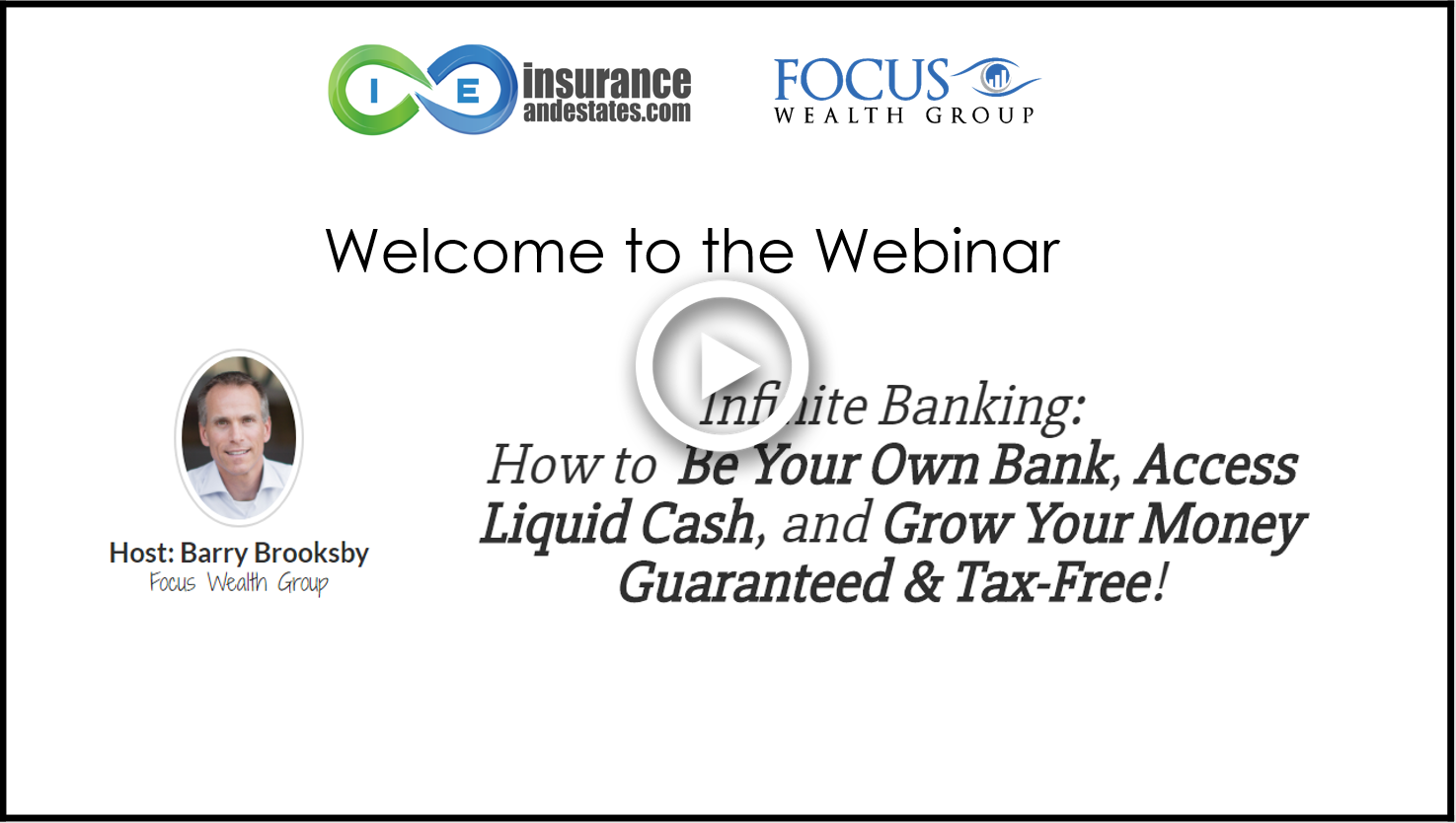All Categories
Featured
Table of Contents
The strategy has its very own advantages, however it also has concerns with high fees, intricacy, and extra, resulting in it being considered as a fraud by some. Infinite banking is not the most effective plan if you need only the investment part. The unlimited banking principle revolves around the use of entire life insurance policy policies as a monetary device.
A PUAR permits you to "overfund" your insurance coverage policy right up to line of it coming to be a Modified Endowment Agreement (MEC). When you make use of a PUAR, you rapidly boost your money worth (and your death benefit), consequently raising the power of your "financial institution". Further, the even more cash money value you have, the better your passion and dividend payments from your insurance policy firm will be.
With the rise of TikTok as an information-sharing platform, economic recommendations and techniques have actually located a novel means of spreading. One such method that has actually been making the rounds is the boundless banking idea, or IBC for brief, garnering recommendations from stars like rap artist Waka Flocka Fire - Generational wealth with Infinite Banking. Nevertheless, while the technique is presently popular, its origins map back to the 1980s when economist Nelson Nash presented it to the world.
What are the most successful uses of Wealth Management With Infinite Banking?
Within these plans, the cash money worth grows based upon a price set by the insurer. When a substantial money worth collects, insurance policy holders can obtain a cash worth financing. These finances vary from conventional ones, with life insurance policy acting as collateral, indicating one could shed their protection if loaning excessively without sufficient money value to sustain the insurance policy expenses.
And while the attraction of these plans is apparent, there are innate limitations and threats, demanding persistent money worth tracking. The approach's authenticity isn't black and white. For high-net-worth individuals or company owner, specifically those utilizing techniques like company-owned life insurance (COLI), the benefits of tax obligation breaks and compound development could be appealing.
The allure of infinite banking does not negate its obstacles: Expense: The foundational requirement, a permanent life insurance policy policy, is pricier than its term equivalents. Eligibility: Not every person gets approved for whole life insurance policy due to rigorous underwriting procedures that can exclude those with certain health and wellness or way of life problems. Complexity and danger: The elaborate nature of IBC, combined with its risks, may prevent many, specifically when easier and much less risky options are available.
What happens if I stop using Self-financing With Life Insurance?
Alloting around 10% of your monthly revenue to the policy is just not feasible for most individuals. Using life insurance policy as an investment and liquidity resource requires technique and monitoring of policy cash worth. Seek advice from an economic consultant to figure out if unlimited banking straightens with your top priorities. Part of what you review below is merely a reiteration of what has already been said above.
So prior to you get on your own into a scenario you're not gotten ready for, recognize the complying with first: Although the idea is frequently offered because of this, you're not actually taking a car loan from on your own. If that were the situation, you wouldn't need to repay it. Instead, you're obtaining from the insurance company and need to repay it with passion.

Some social networks articles advise using money worth from entire life insurance coverage to pay for bank card financial debt. The idea is that when you pay back the financing with passion, the quantity will certainly be sent out back to your investments. However, that's not how it functions. When you repay the car loan, a portion of that passion mosts likely to the insurance provider.
How does Infinite Banking Retirement Strategy create financial independence?
For the initial a number of years, you'll be paying off the compensation. This makes it very difficult for your policy to build up value during this time. Unless you can manage to pay a couple of to several hundred bucks for the next decade or more, IBC won't work for you.

If you require life insurance, below are some useful ideas to consider: Think about term life insurance. Make certain to shop about for the ideal rate.
What financial goals can I achieve with Bank On Yourself?
Imagine never ever having to stress regarding financial institution finances or high interest prices again. That's the power of limitless financial life insurance.
There's no collection loan term, and you have the liberty to select the settlement timetable, which can be as leisurely as paying off the car loan at the time of death. This versatility reaches the maintenance of the financings, where you can choose for interest-only repayments, maintaining the loan equilibrium flat and convenient.
How does Wealth Management With Infinite Banking compare to traditional investment strategies?
Holding cash in an IUL fixed account being credited rate of interest can frequently be better than holding the cash money on down payment at a bank.: You've always imagined opening your very own bakeshop. You can obtain from your IUL policy to cover the preliminary expenditures of renting a room, acquiring devices, and working with team.
Individual car loans can be obtained from standard financial institutions and credit score unions. Borrowing money on a credit rating card is generally extremely costly with yearly portion rates of interest (APR) often reaching 20% to 30% or even more a year.
Latest Posts
Be Your Own Bank - Infinite Growth Plan
Infinite Banking Examples
Is Bank On Yourself Legitimate